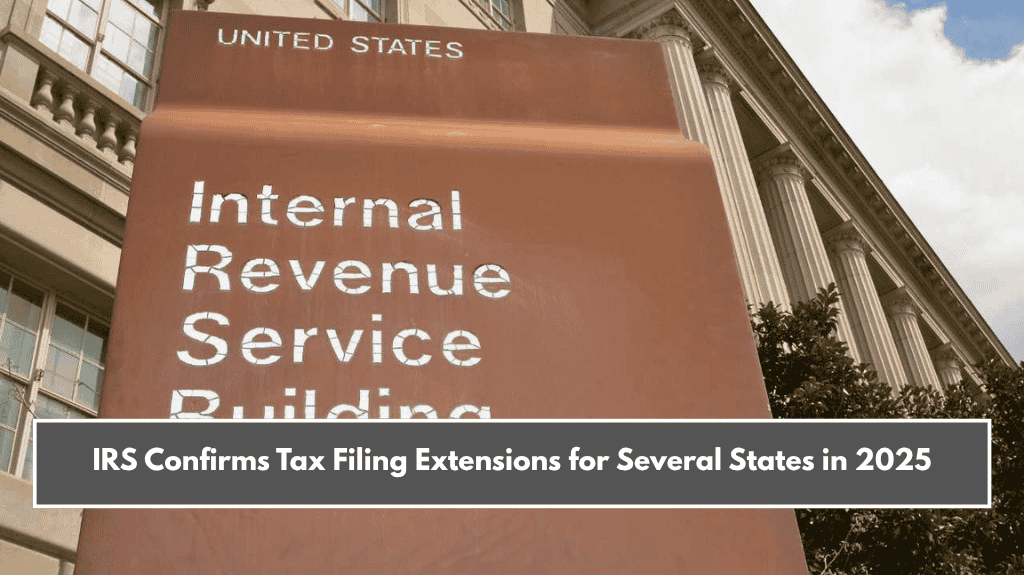If you’ve recently received a notice from the IRS rejecting your tax return, especially with the words “Farewell to the Additional Child Tax Credit,” you’re not alone. Many taxpayers are facing this issue in 2025 due to confusion around eligibility rules, missing documents, or filing errors.
Let’s break down what the Additional Child Tax Credit (ACTC) is, why returns are getting rejected, and how you can avoid making the same mistakes. Understanding these points could help you claim your rightful refund without unnecessary delays.
What Is a Tax Return and Why It Matters?
A tax return is simply a report you send to the Internal Revenue Service (IRS) every year. It shows how much money you made, what expenses you had, and how much tax you paid. Based on this, the IRS checks if you owe more tax—or if you’re due for a refund.
You must also file this return with your state tax department if required. There are specific deadlines, and if you miss them, you might face fines or miss out on a refund.
There are different forms based on how you earn:
- Form 1040 or 1040-SR for individual taxpayers
- Form 1065 for partnerships
- Form 1120 for corporations
- Form 1099 for extra income (like freelancing)
If you’re not ready by the deadline, you can request extra time using Form 4868.
What Is the Child Tax Credit and ACTC?
The Child Tax Credit (CTC) helps families with kids by reducing the taxes they owe. You can get up to $2,000 per child if the child is under 17 years old.
But here’s the catch: if your total tax is less than the credit, you may still qualify for a refund through the Additional Child Tax Credit (ACTC). For 2025, the ACTC allows up to $1,700 per eligible child to be refunded directly to you—even if you didn’t owe that much tax.
However, to qualify, you must meet certain rules, or your return will be rejected.

Why the IRS Is Rejecting Tax Returns with ACTC in 2025
The IRS is becoming stricter about eligibility for the ACTC. Many tax returns are being rejected for one or more of these reasons:
- No valid Social Security Number (SSN) for the child
- Child is over the age limit (must be under 17 at the end of the year)
- Child did not live with the filer for more than 6 months
- Child was not claimed as a dependent properly
- Income is above the maximum limit:
- $200,000 for single filers
- $400,000 for joint filers
Also, if you try to claim ACTC without an SSN, your return will automatically be rejected. That’s why the IRS strongly advises people to wait until they have all documents, including the child’s SSN, before filing.
Important Tips to Avoid IRS Rejection
To make sure your return is not rejected when claiming the ACTC:
- Wait until you receive the SSN for your child (usually within 1–6 weeks after birth).
- Use reliable tax software or hire a certified tax preparer to check your eligibility.
- Don’t forget to attach all required forms and documents.
- Ensure the child lived with you for at least 6 months during the year.
- Confirm that the child is under 17 years and has not been claimed by someone else.
Also, note that ACTC refunds will not be processed before mid-February. So, even if your return is accepted, the IRS won’t send the money early.
In 2025, the IRS is more careful than ever when it comes to verifying the Additional Child Tax Credit. A small mistake—like filing without your child’s SSN or entering the wrong information—can lead to your return being rejected.
To avoid delays and frustration, take the time to gather the correct documents and check if you meet the income and dependent criteria. Filing a complete and accurate return is the best way to make sure you get your refund smoothly, especially when it comes to family-related tax credits like the ACTC.















